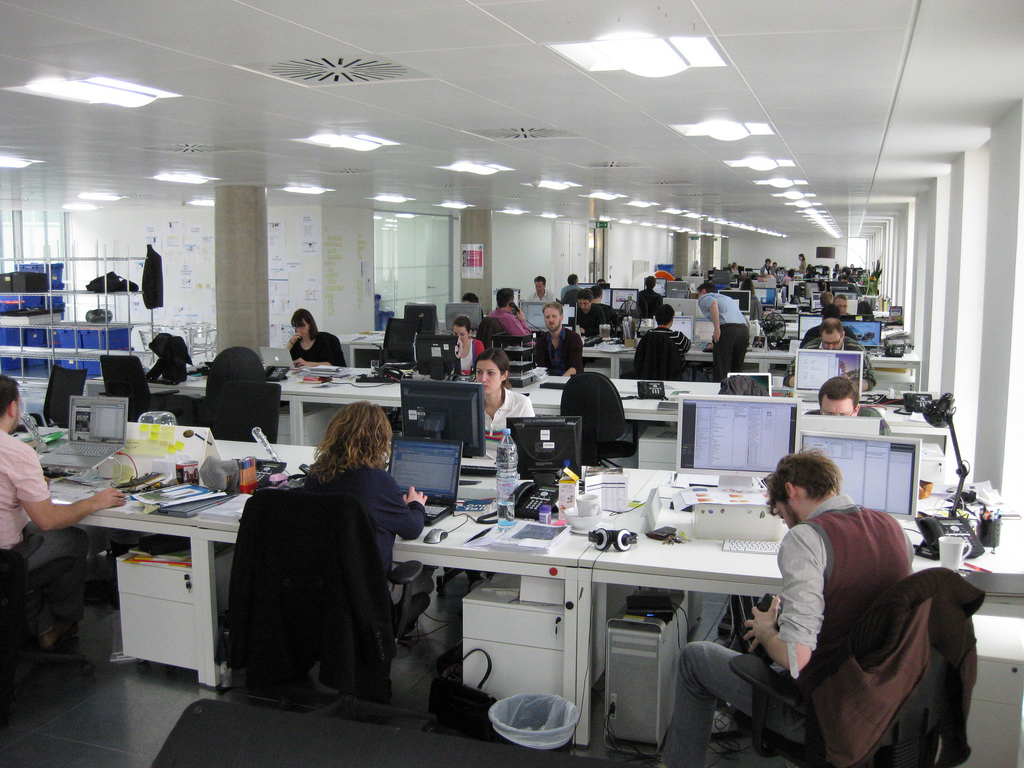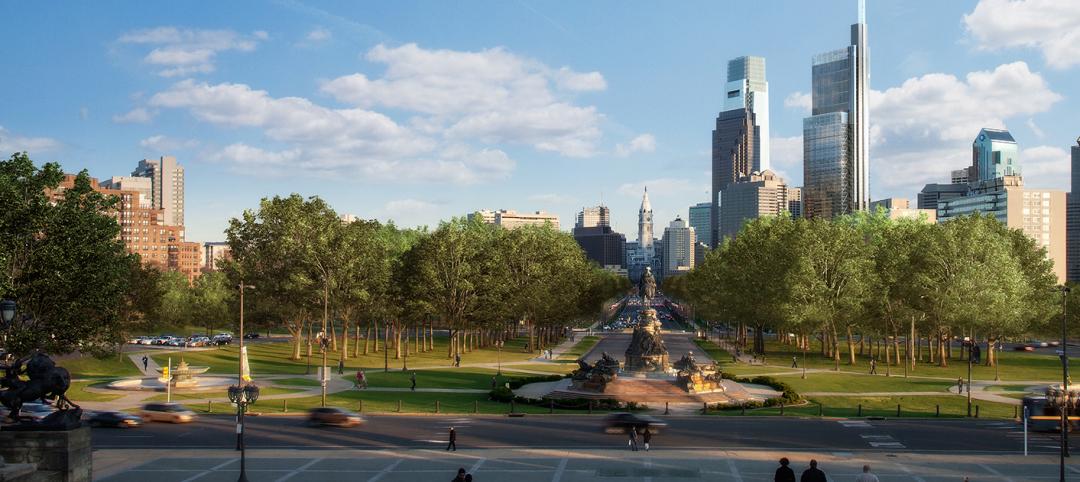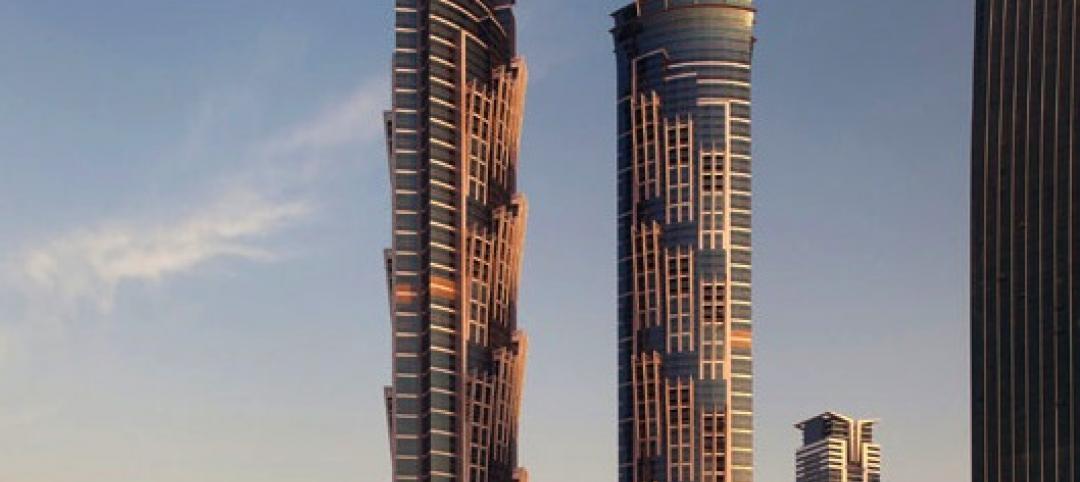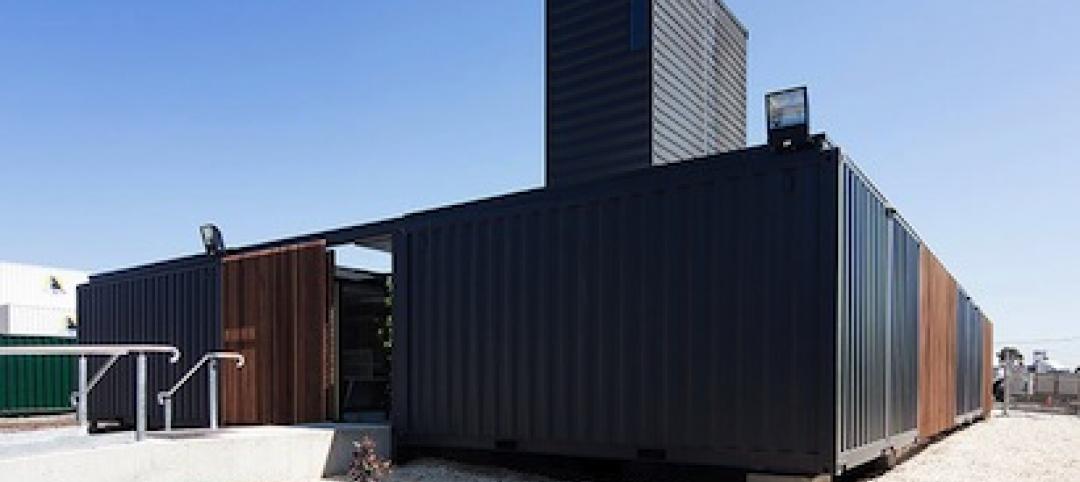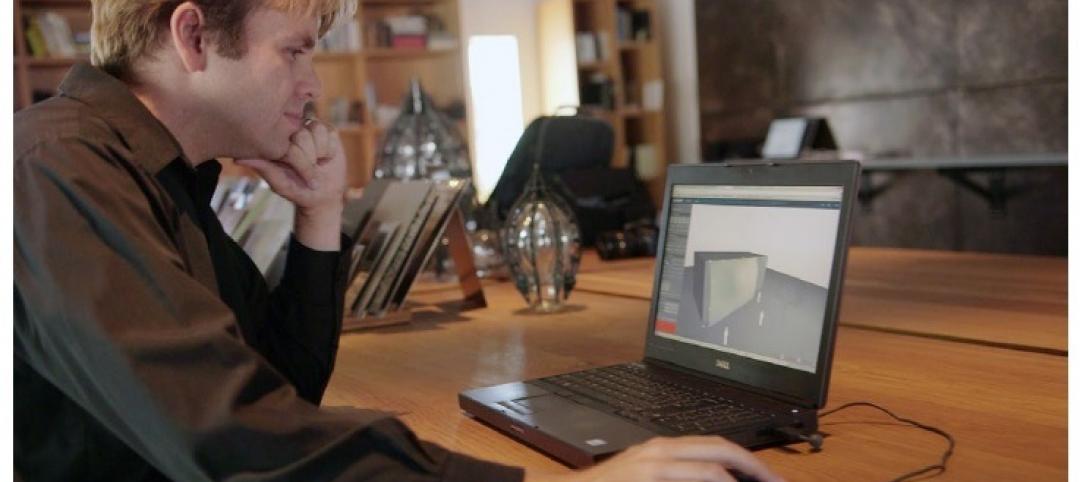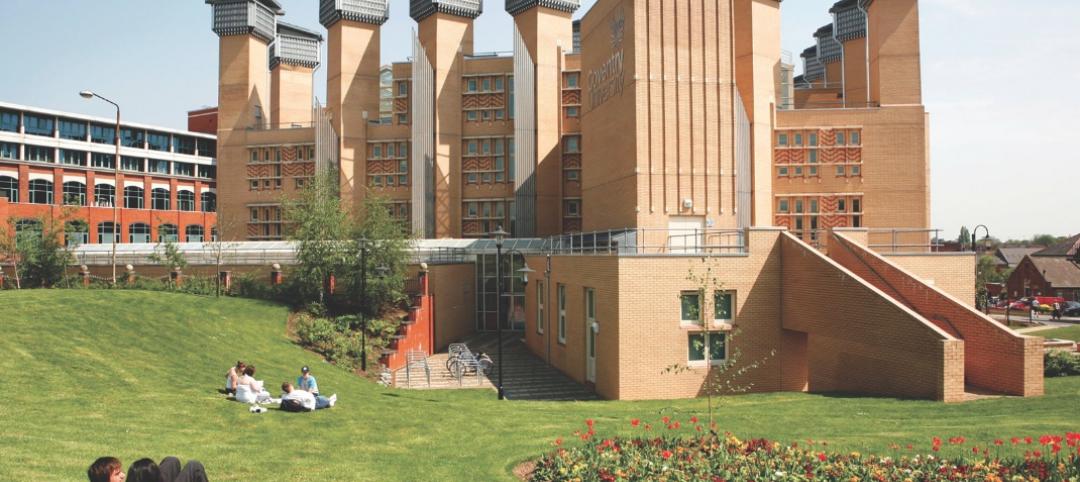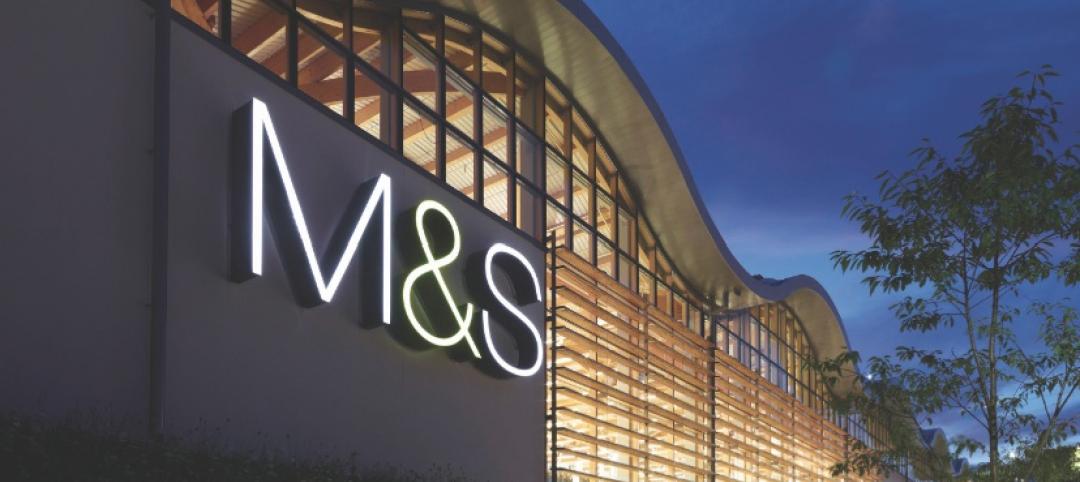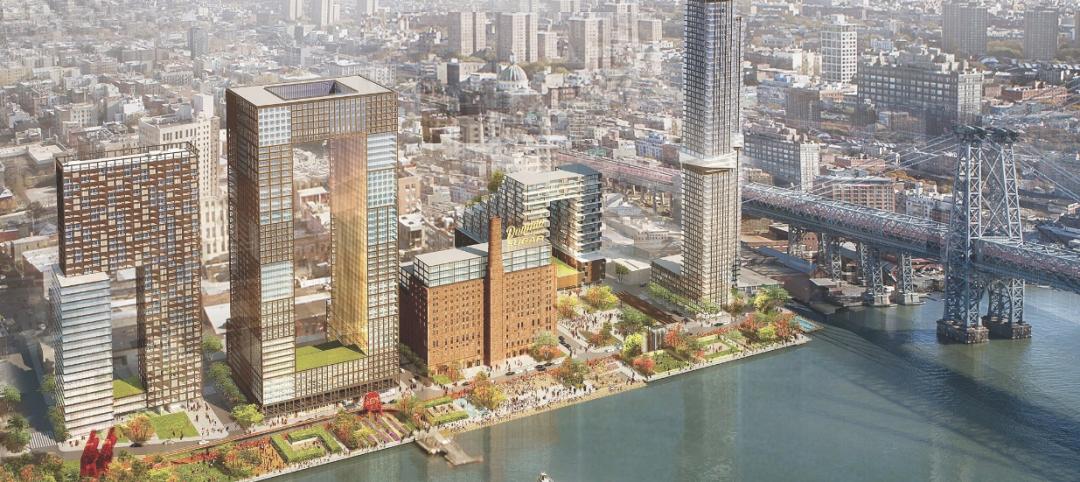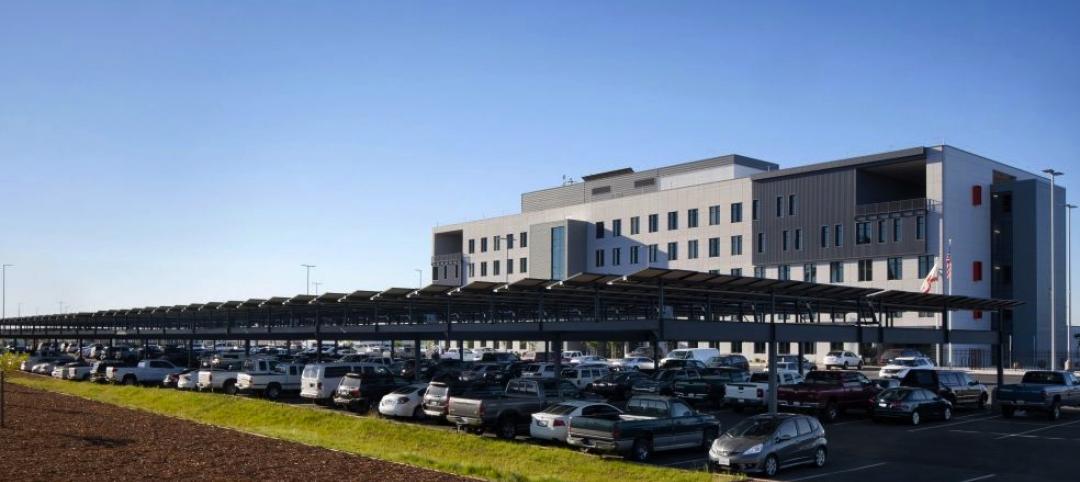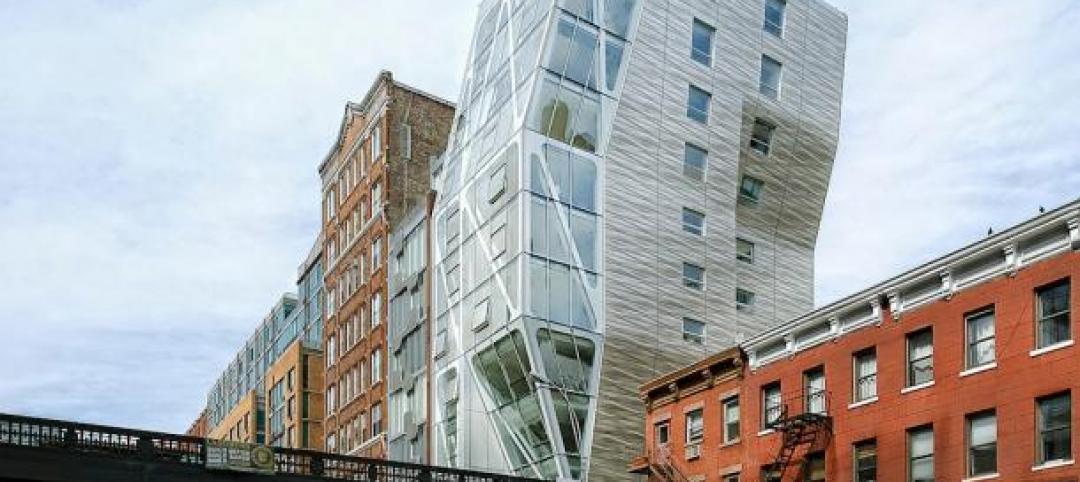Millennials are impacting the built environment under construction in 2015, according to a report from JLL tracking national construction trends. Throughout 2015, tenant improvement (TI)—or the renovation of existing space—has been a bright spot in the construction industry, even as labor and construction costs continue to rise.
There has been a 14.2% rise in TI projects since the second quarter of 2013, as landlords compete to attract tenants and companies compete for Millennial talent. This is especially prevalent in office markets that are saturated with new construction and renovation.
According to JLL’s latest report on U.S. non-residential construction activity, TI costs are declining in most key markets, as landlords are more willing to pay for them. For office building owners, the average TI package nationwide is approximately $30-$50 per-sf in Central Business Districts (CBDs). These packages have become especially important as tenants look to customize office space to attract and retain employees, especially Millennials.
“Millennials are shaping how and where we work, and also how and where we shop, and even the path our packages take from ship to doorstep,” said Todd Burns, President, JLL Project and Development Services, Americas. “By 2020, the U.S. workforce will be comprised of 50% Millennials. Individually, they may not realize that they’re influencing national construction trends to favor tenant improvement over new construction, but the numbers show it’s no coincidence.”
Companies are focused on accommodating their Millennial employees and their preference for offices in existing urban locations that are close to amenities and often with unique, open interior spaces. As a result, as companies begin to renovate older buildings, office space vacancies are slowly declining and are down 10.2% since Q2 2011.

The JLL research also points to other key construction industry trends playing out in 2015 including:
• Rethinking the retail environment: New “omnichannel” strategies emphasize convenience for customers by leveraging their brick-and-mortar stores as e-commerce pick-up/return depots, which in turn requires a revamped store configuration.
• Manufacturing industry driving construction volume: While construction in the education sector has been strong as universities focus on building new space to keep students engaged on campus, it’s been upstaged by a surprising category: manufacturing. Annual project spend on construction within the manufacturing sector has increased from $57.8 billion in 2014 to $90.3 billion YTD in 2015.
• Technology leads the charge: Technology companies are driving demand for cool, renovated office space. At the same time, industrial occupiers want and need, more custom e-commerce space, with higher shelving, specialized lighting, new technology and office space. Similarly, in retail, quick service restaurant chains are investing in new, creative interior build-outs to better compete with fast casual concepts.
• Future opportunity and capital planning: With construction starts at their highest point since the recession, the industry is still in the early stages of its recovery and will continue to grow in response to overall economic growth. Activity is still far below pre-recession highs, indicating growth will continue over the next several years, and dollar value of TI allowances will too.
Related Stories
| Jan 21, 2014
Comcast to build second Philadelphia skyscraper, with Norman Foster-designed tower [slideshow]
The British architect last week unveiled his scheme for the $1.2 billion, 59-story Comcast Innovation and Technology Center, planned adjacent to the Comcast Center.
| Jan 21, 2014
2013: The year of the super-tall skyscraper
Last year was the second-busiest ever in terms of 200-meter-plus building completions, with 73 towers, according to a report by the Council on Tall Buildings and Urban Habitat.
| Jan 17, 2014
Australian project transforms shipping containers into serene workplace
Australian firm Royal Wolf has put its money where its mouth is by creating an office facility out of shipping containers at its depot and fabrication center in Sunshine, Victoria.
| Jan 13, 2014
Custom exterior fabricator A. Zahner unveils free façade design software for architects
The web-based tool uses the company's factory floor like "a massive rapid prototype machine,” allowing designers to manipulate designs on the fly based on cost and other factors, according to CEO/President Bill Zahner.
| Jan 11, 2014
Getting to net-zero energy with brick masonry construction [AIA course]
When targeting net-zero energy performance, AEC professionals are advised to tackle energy demand first. This AIA course covers brick masonry's role in reducing energy consumption in buildings.
| Jan 8, 2014
Strengthened sprinkler rules could aid push for mid-rise wood structures in Canada
Strengthened sprinkler regulations proposed for the 2015 National Building Code of Canada (NBCC) could help a movement to allow midrise wood structures.
| Jan 7, 2014
Concrete solutions: 9 innovations for a construction essential
BD+C editors offer a roundup of new products and case studies that represent the latest breakthroughs in concrete technology.
Smart Buildings | Jan 7, 2014
9 mega redevelopments poised to transform the urban landscape
Slowed by the recession—and often by protracted negotiations—some big redevelopment plans are now moving ahead. Here’s a sampling of nine major mixed-use projects throughout the country.
| Jan 2, 2014
Sacramento utility maintenance facility earns LEED Platinum, targets net zero
The Sacramento Municipal Utility District’s new maintenance facility, which is targeting net zero, has received LEED Platinum certification.
| Dec 31, 2013
BD+C's top 10 stories of 2013
The world's tallest twisting tower and the rise of augmented reality technology in construction were among the 10 most popular articles posted on Building Design+Construction's website, BDCnetwork.com.


